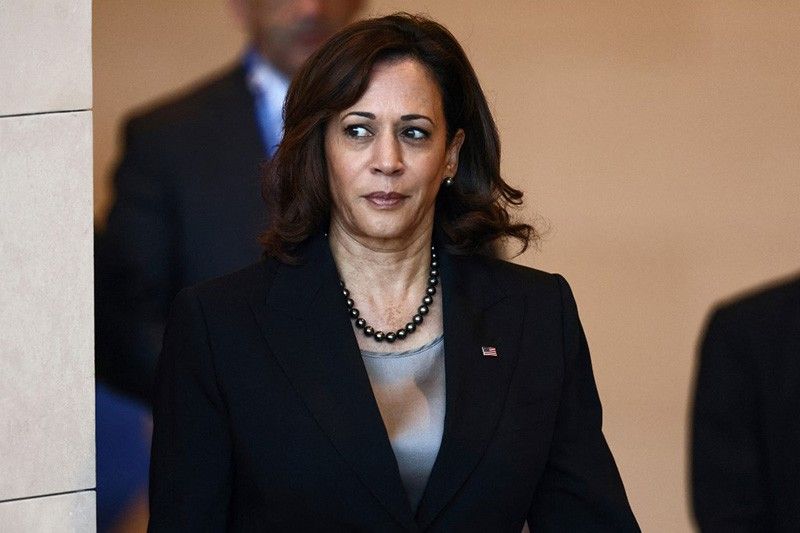Marcos: US VP Harris' visit to Palawan shouldn’t stoke Philippine-China tensions

MANILA, Philippines — President Ferdinand Marcos Jr. said Saturday that US Vice President Kamala Harris’ upcoming visit to Palawan should not fan flames between the Philippines and China as she would be “very clearly on Philippine territory.”
Marcos said he is not concerned that Harris’ visit to the province closest to the South China Sea where the Philippines and China have overlapping claims would stoke tensions between the two countries.
“I don’t see why they should. She is in the Philippines and she is visiting another part of the Philippines. And of course, it’s the closest area to the South China Sea, but it’s very clearly on Philippine territory. I don’t think it will cause problem,” Marcos said.
The US vice president will be the highest-ranking US official to ever set foot on Palawan, which a senior US administration official said “demonstrates the Biden-Harris administration’s commitment to stand with our Philippine ally in upholding the rules-based international maritime order in the South China Sea, supporting maritime livelihoods, and countering illegal, unregulated, and unreported fishing.”
The South China Sea, specifically the portion claimed and called by Manila as the West Philippine Sea, was supposedly Marcos’ “top agenda” in his meeting with Chinese President Xi Jinping on the sidelines of the APEC Summit.
While two statements from Malacañang made no mention of the West Philippine Sea, another statement from China’s Ministry of Foreign Affairs said Manila and Beijing “must stick to friendly consultation and handle differences and disputes properly."
“They should work together to reject unilateralism and acts of bullying, defend fairness and justice, and safeguard peace and stability in the region,” China’s foreign ministry said further.
READ: After Marcos, Xi meeting, China says 'friendly consultation' a must on South China Sea issues
But Marcos said using the word “bullying is not exactly accurate.”
“I would characterize it as something different,” Marcos told reporters. “What we should really pursue is to make sure that we in the region are the ones who will decide the future of the region. Let us not let anyone dictate upon us. Maybe that’s what the Chinese were referring to.”
During the APEC Summit, Marcos hoped that a binding code of conduct that would govern the behavior of all claimants in the South China Sea would be finished soon, something which he said all parties “restated over and over again” despite “nothing new” actually happening in the development of the document.
While Marcos said that all ASEAN members and China collectively believe that states should follow the United Nations Convention on the Law of the Sea and international law when it comes to the South China Sea, Beijing continues to ignore the 2016 ruling by a Hague-based tribunal that invalidated its sweeping claims over most of the strategic waterway.
- Latest
- Trending
































